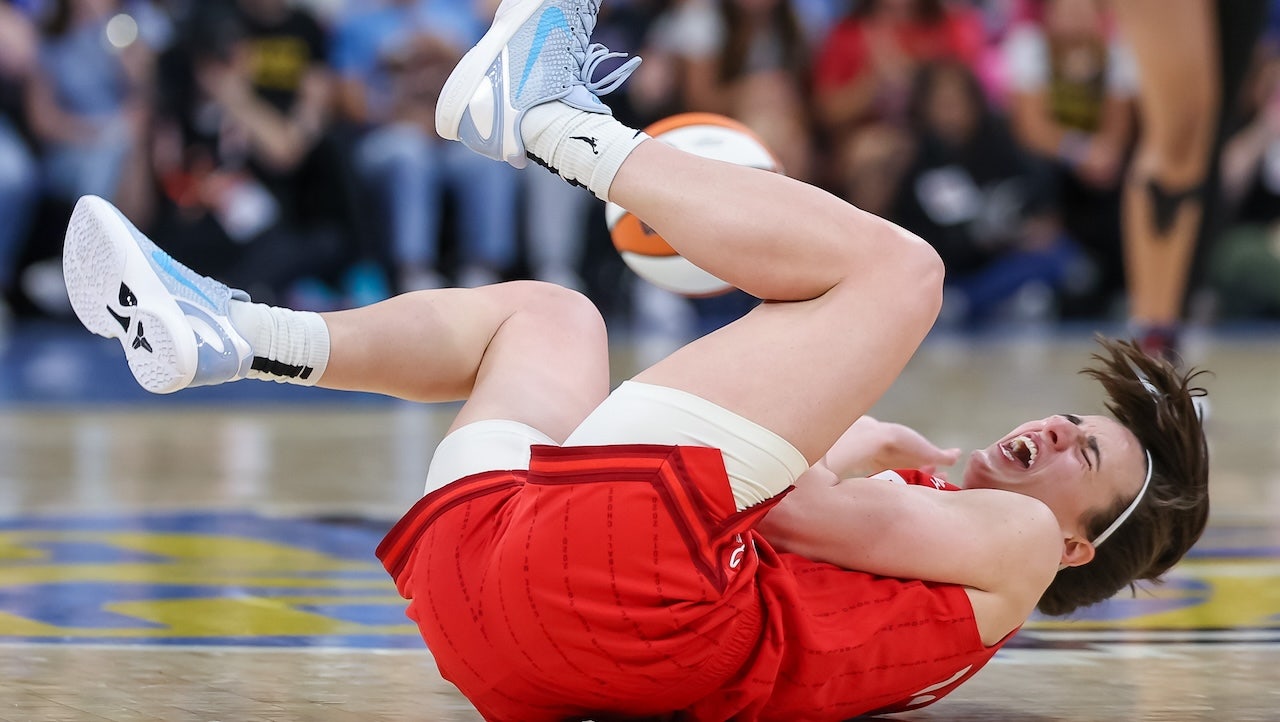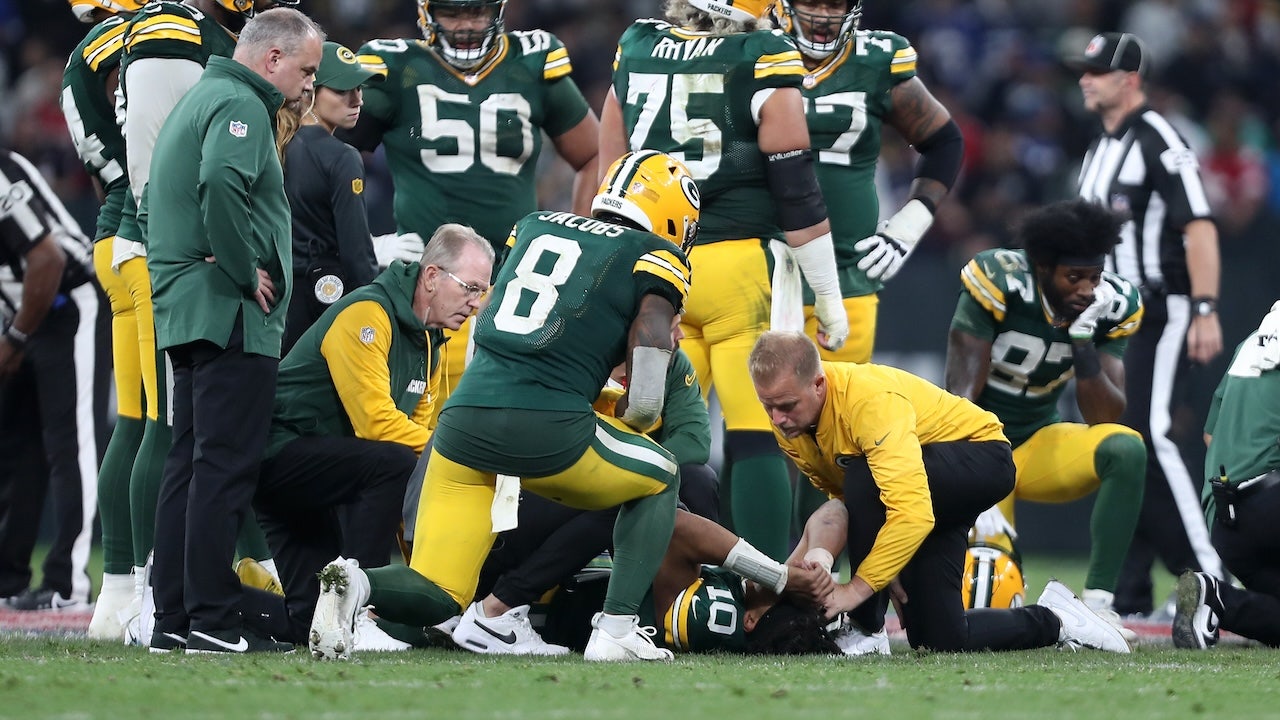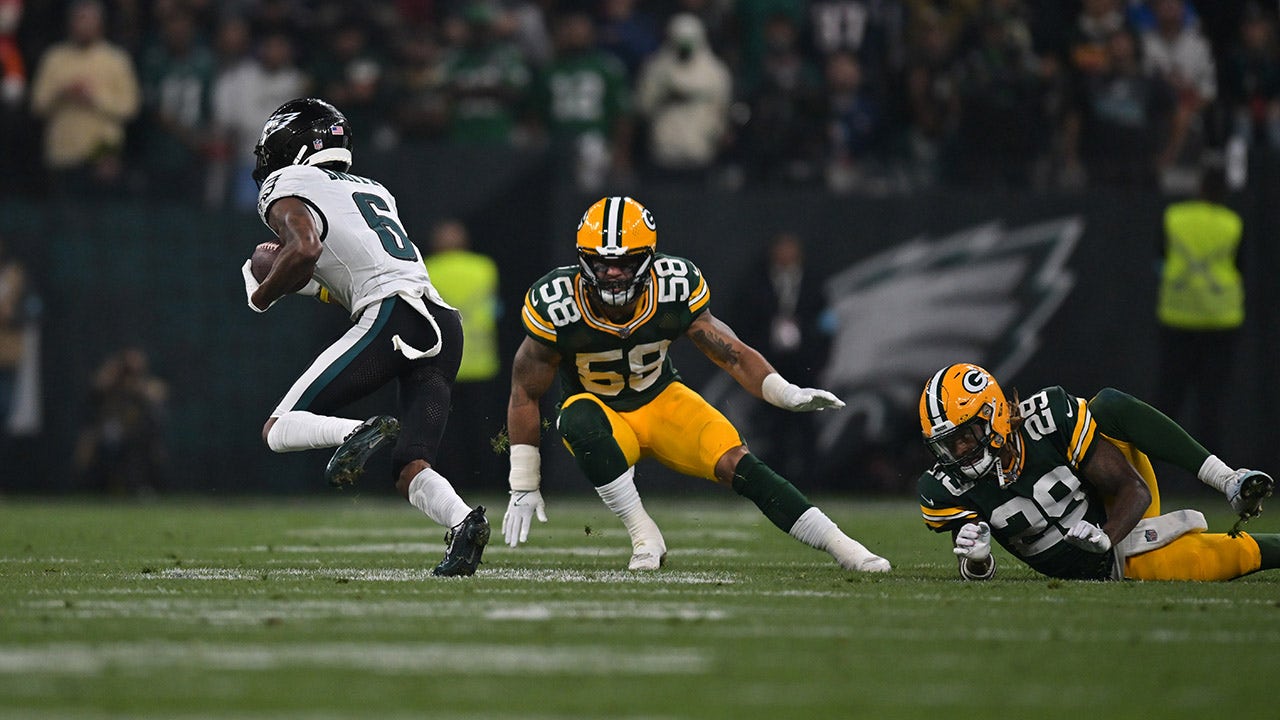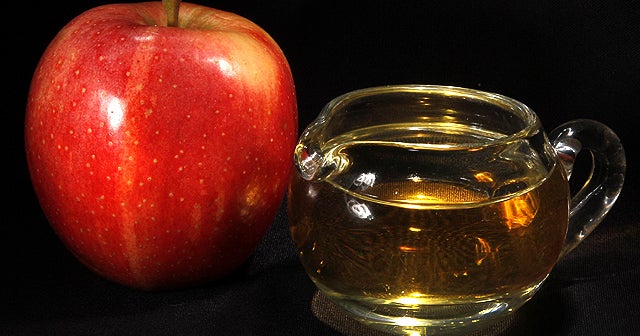“I think I had an image of Tennessee Williams doing it,” he said, of the ritual. Harris has updated it with his own stylistic touches, including a purple do-rag. Eventually, he gently unraveled the two-strand twists in his hair. Fresh from the shower, he wore a peony-pink linen pajama set by Turnbull & Asser. When a photographer arrived, he asked if Harris would like to change. “Oh, no,” the American playwright said, shaking his head. “These are the same pajamas Prince wore.”
The description “influencer playwright” feels jarring, even pejorative. But what else to make of a man who gets recognized on the street as often as Harris does, a man who balances Gucci partnerships and texts from celebrity friends like Rihanna with the actual work of writing plays?
In person, Harris is dinner and a show: loquacious, feisty and entirely self-possessed, with a diamond-hard sense of self, forged by years of having to defend it. He performs well in traditional late-night television interviews and TikTok, endearing himself across generations. Social media extends his persona as readily as a selfie stick: Harris is a consummate poster, giving voice to his glamour. (His post on X the day that President Biden announced he was dropping out of the presidential race: “In a Catholic Church in Italy texting with @Madonna when I found out that Biden dropped out. Let me light a candle this feels like catholic Jesus might be real.” He followed up with photos of Madonna backstage.)
He knows how to capture attention. Sometimes, it’s with his physical presence (he is 6 feet 5 inches tall, as glittery as a skyscraper, with an eye for fashion). This helped him — as a former struggling actor in Los Angeles — differentiate himself from the other cool kids on the club scene. More often, though, it’s with his insistence. In his 20s, he worked as a salesman at Barneys, and he has retained that power to convince. “Knowing how to sell a dad in Santa Monica a Thom Browne suit in 2007 feels as difficult as selling an experimental play about slavery to, like, Bob Wankel of the Shuberts,” he has said, referring to the head of the Shubert Organization, which operates multiple Broadway theaters.
Harris prompts questions of readiness, as if he’s a walking arbiter of progress or acceptance. He was staying at the Chiltern as “Slave Play,” his celebrated work about interracial couples working through their sexual apathy with antebellum role-play, had just premiered on the West End. (Last month, a documentary about the Broadway production — “Slave Play. Not A Movie. A Play.” — directed by Harris premiered at the Tribeca Film Festival.)
Six years earlier, it opened in New York, a flashbulb of controversy and acclaim. The debasement of the Black partners is the point, which is why New York Times coverage first asked, “Is Broadway ready for ‘Slave Play’?” (it originally premiered at downtown’s New York Theatre Workshop). Then, after 19 weeks and 12 Tony Award nominations (winning none): “Was Broadway ready for ‘Slave Play’?”
Is London ready for “Slave Play”? The question was inflamed by then-British Prime Minister Rishi Sunak’s condemnation this February of the show’s Black Out nights, in which only Black patrons are encouraged to populate the theater. It’s a concept invented by Harris in 2019: For us, by us (as the ’90s Black clothing brand FUBU put it), and with us. A spokesperson from Sunak’s office said, “Restricting audiences on the basis of race would be wrong and divisive.” Black and White objectors pounced, describing the concept as akin to apartheid.
Never mind the facts: that people of color make up just 7 percent of theater audiences in England, or that Black Outs were two nights out of close to 100, or that advertising stated that no one would be turned away on the basis of race, or that — most critically — Black Outs had been done before in Britain, without a peep from No. 10 Downing Street. Harris’s follow-up to “Slave Play,” “Daddy,” featured one in 2022, and Dave Harris (no relation), another Black American playwright, had held two for his show, “Tambo & Bones,” in 2023. Former cabinet minister Damian Green called the “Tambo & Bones” move “misguided and a bit sinister.”
Months later, Sunak was voted out of office in a snap election, “Slave Play” was well into previews, and Harris posted to X, “Every tongue that rises up against me shall fall.”
So he had one major win under his belt. That morning at the Chiltern, Harris said of the reviews: “my sense is that they’re good.” Two stars in the Times — “Oh, they gave me the worst review last time,” for “Daddy” — four in the Guardian, Time Out, the Independent, the Standard. What pleased him most was that his play seemed to be reaching both younger and more traditional — whiter, older and wealthier — theater audiences.
“What’s cool about having four stars is that it makes it harder for those classic people to dismiss it.” He trailed off, momentarily lost in his phone for a moment. He had gone to sleep only about six hours earlier. “Sorry, Travis Scott came to a party last night” — Harris had thrown two — “and he wants me to come to the concert.”
Harris grew up in Martinsville, Va. “The thing I like about Southern people, White or Black, is that they weren’t able to deny that racism is real,” he said, a few nights earlier over dinner. “They’d be like, ‘Sorry if that was weird, Jeremy, you know my mama hates Black people — you’re one of the first I ever met.’ It’s almost nicer, sometimes, to be around people like that, who could say the thing.”
He was raised by his mother in a working-class home and attended private schools on scholarship. The schools were mostly White; for a while, Harris was encouraged to play basketball. Instead, he turned to the arts: studying dance and theater in high school, and majoring in the latter at DePaul University in Illinois. DePaul had a competitive theater program, and when Harris was cut after the first year, he dropped out and moved to Los Angeles to pursue acting. It wasn’t nothing, but a few acting gigs here and a web series there did not a career make. Jaded, he started writing plays.
“Xander Xyst, Dragon: 1” came after an inspiring date with a porn star, which led to Harris’s 2015 fellowship at the MacDowell contemporary arts organization. There, he finished “Daddy,” about the relationship between a young Black artist and his wealthy, older White lover. In 2016, Harris enrolled in the Yale School of Drama, where his fascination with power dynamics further coalesced. A year later, he staged “Slave Play” for the first time with director Emil Weinstein.
So what’s the most controversial part of “Slave Play,” anyway? Is it the primary couple — Black American Kaneisha and White Briton Jim, now played by Olivia Washington, daughter of Denzel, and “Game of Thrones” actor Kit Harington — who fail at their slave-overseer role play because Jim hates calling his wife a “nasty Negress” when he would rather call her a queen? Is it “I’m-not-Black-I’m-just-Phillip,” or is it the dildo wielded by Alana, Phillip’s older White female partner whom he met in a cuckolding scenario with her ex-husband? Is it racially ambiguous Dustin and his dark-skinned partner, Gary, who has his first sexual emission in years after forcing his partner to do manual labor for two hours?
Leading up to opening night, I had asked Harris if he thought he would be nervous. He did not. “I know exactly every positive thing you can say about it and every negative thing you can say. Nobody’s going to surprise me with any take on it.”
There are two main schools of thought about “Slave Play.” The first is that this is an empowering, thought-provoking work that takes the darkness buried in interracial relationships and lays them plain, creating a productive discomfort for audience members of all races. Sam O’Sullivan, a White man, loved the show – “I liked the ambiguous ending that seemed to say that we don’t know if this is the answer but we’re not going to cure trauma by ignoring it, so we may as well at least try putting it under the spotlight in all its ugliness and taking a really, really good look.” So did Sabrina Fearon-Melville, a Black social media coordinator, who said “sometimes we aren’t okay with being uncomfortable, and I think that’s what Jeremy set out to do.”
The other take is that it’s a thin, overzealous farce that commercializes pain, especially that of Black women. One Black woman I spoke to, who did not want to be identified, wondered if Harris had been paid by right-wingers to undermine critical race theory by writing a play full of Black caricatures. The brutal — and frustratingly, even irresponsibly ambiguous — third act consists of a violent sexual encounter between Kaneisha and Jim. Is it a fulfillment of Kaneisha’s initial request to be denigrated, or has the violence that she worries is embedded in her White husband finally come out of its hiding place?
On opening night, the Noël Coward Theatre alternated between raucous laughter and tense, uncomfortable silences. The show is undeniably funny, paced as quickly as a high-intensity interval training exercise class. Harris watched the show from a box while wearing a black KN95 mask. (He and the cast had been sick all week.) He made his own second row, dragging an extra chair behind his fiancé, TV executive Arvand Khosravi, and a group of friends.
Harris was most excited by the sheer fact that “Slave Play” was showing in London: “I want to be one of the Black writers that is done in Europe, on the West End, because so few of us have been there,” he said. Now, at 35, Harris could say he had done it, “so that I can do it again.”
There were too many people for Harris to hug — actor friends, cast members, old classmates, “those girls over there” — on the last night of previews, so by the time he left the theater, he had to rush to dinner before the restaurant’s kitchen closed. Still, he stopped to chat with the two young Black men who flagged him down across the street from the theater. They thanked him, with puppy dog eyes, for “Slave Play,” for his representation, for just being himself.
Earlier that day, an employee of the theater told Harris that his play drew the most diverse crowd they had ever seen. Harris has joked that he’s a theater supremacist, but more fitting might be a theater proselytizer: Have you heard the good word about the stage? In his eyes, theater should be as much a part of the American story as music is: “Music has figured out a way to really brand itself as necessary, because people can see the tangible links to profit.”
The role models are evident: If my kid learns how to play guitar, maybe they could be the next Taylor Swift! “But when you say, ‘Oh, my kid might be the next Kenny Leon’” — the Tony Award-winning director of “A Raisin in the Sun” — “people are like, ‘Well, who is that?’ You should know that Kenny Leon is one of the most celebrated Black directors of our moment,” just as fundamental to the formation of culture as any pop star is, Harris says.
Every Wednesday morning, the West End production releases 30 pay-what-you-can tickets, a concept dreamed up by producer James Bierman. Some people pay as little as a pound (about $1.30). “You get hooked on theater the same way you get hooked on any drug — you have to give it to them in a way that’s affordable,” says Harris.
At dinner, conversation eventually turned to how the production was being received, whether “Slave Play” is “too American,” and if its racial traumas can be more readily written off by British audiences. Harris had heard the “false idea” that Britain is a country that revolves around class, not race. He had encountered plenty of people in London who maintained that widespread, racialized discrimination was a distinctly American problem.
Dave Harris, of “Tambo & Bones,” has also encountered the class-versus-race divide. “The arguments around representation have always been the same, but the unifying point in America is American slavery,” he said, whereas many Black Brits can trace their lineage back to a country of origin in just a few steps. “So the unifying point becomes class, even though the dynamics of race and racism are exactly the same.”
Jeremy O. Harris pointed out that though antebellum history is distinctly American, the performance of the era has always been rife with Brits. He rattles off a list: The film producers for “Gone With the Wind” considered virtually every big-name American actress — Lana Turner, Bette Davis, Katharine Hepburn, Lucille Ball — before settling on the British Vivien Leigh; British actor Chiwetel Ejiofor starred in the best-picture-winning “12 Years a Slave.” “There’s an argument to be made that our most celebrated — or best — slave movie was made by a Black Brit,” Steve McQueen. Now, Harris was getting worked up, words sputtering out like a motor. “Michael Fassbender” — not a Brit, but a White European — “is the main guy in that movie!” It didn’t make sense for British audiences to write off the ills of slavery and racism as simply an American phenomenon, he said.
That Black theater, British and American, is on the upswing in London helps make those connections, and shows that the audience is there. Harris pointed to “For Black Boys Who Have Considered Suicide When the Hue Gets Too Heavy,” Ryan Calais Cameron’s masculine riff on Ntozake Shange’s choreopoem “For Colored Girls,” which sold out three runs and received glowing reviews in 2021. “People are obsessed — it’s a super enthusiastic Black audience, the sort of thing you only see in America for ‘MJ the Musical.’”
Though Harris has been dabbling in TV and film for a while — he has a role in the Netflix hit “Emily in Paris”; he co-wrote the 2020 A24 film “Zola”; and the next project from his production company, bb², is “The Wives,” an A24 and Apple murder mystery starring Jennifer Lawrence — theater still reigns supreme. He is finishing “Spirit of the People,” a play about tourism, gentrification and the liquor industry, based in Oaxaca, Mexico. He is anxious to relaunch “A Boy’s Company Presents: Tell Me if I’m Hurting You,” a revenge tragedy inspired by a bad breakup, after its 2020 New York run was canceled due to the coronavirus pandemic. He pulled out his phone and showed me videos from rehearsals, queer teenage boys of color swaying their bodies to classical music. It bothered him that the production had not gotten its day in the sun.
“I’ve been very specific in how I use my funds as a producer,” he said. “But now it’s come to a point where I’m feeling so crazy about this play being out that if someone doesn’t commit to it, I’m just going to do it myself.”
A week later, and after much fanfare, the first Black Out night came and went without much issue. Israel Soares, an usher for the Abba Voyage show, appreciated the safe space to express himself. “I’m someone who goes to the theater a lot, and I felt like it was a breath of fresh air to be able to be around so many people who look like me and who can relate to stuff the way I do.”
Harris posted to X that the evening “was an amazing success and lots of great people showed up bc it was a non story and not an exclusionary event.” He reposted a negative cartoon an artist had made, showing a race bouncer stationed outside of a theater, checking people’s skin color before allowing them inside. Harris offered notes for improvement.















































